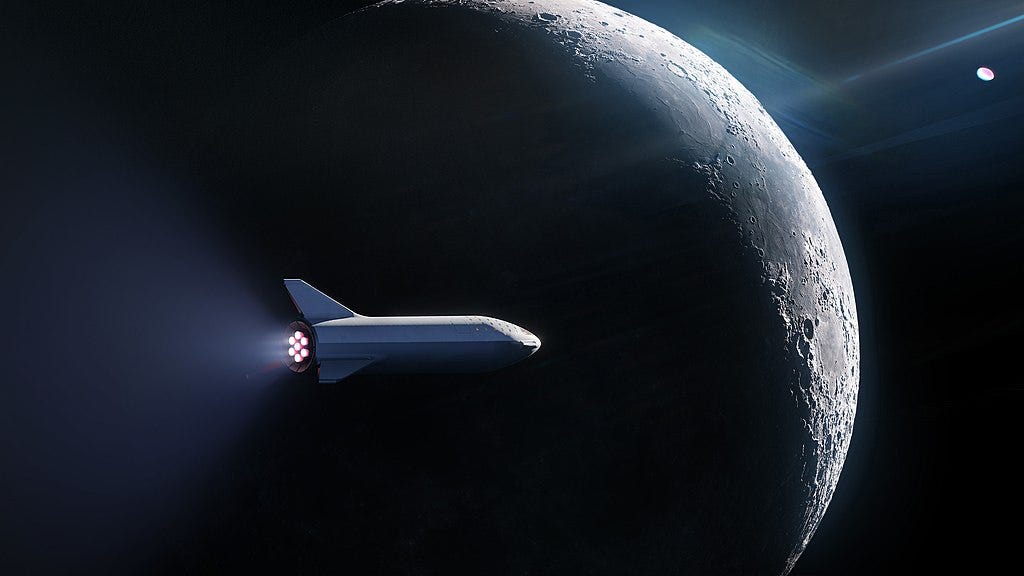For the new issue of the New York Review of Books, I reviewed two books about belonging. The first is Mira Siegelberg’s Statelessness, which recounts how the people who lost their citizenship in the early 20th century pushed jurists and intellectuals to challenge the very idea of territorial sovereignty.
The second is Dimitry Kochenov’s more contrarian take, Citizenship. Kochenov is the brain behind the slick Quality Nationality Index, co-produced with the passport brokerage firm Henley & Partners, which tells you where your citizenship ranks in terms of “passport power”. Kochenov has defended the sale of passports of convenience (I spoke to him a bunch while writing my first book), but he’d sooner do away with the idea of citizenship altogether: as he argues, he finds the institution of citizenship limiting, unfair, and outdated.
Both books are great if you’re into this sort of thing (which, as readers of Terra Nullius, I assume you are.) Kochenov’s in particular would make a great holiday gift for the debate-team champion on your life.
I won’t summarize my article; that’s not what newsletters are for. But since there are always so many fun things that don’t make it into published stories, I wanted to take this opportunity to talk about a poem I discovered through Siegelberg that I haven’t been able to get out of my head. It’s by William Empson and it’s called Legal Fiction.
A legal fiction is something that may or may not be true in real life, but is assumed to be real or true for the sake of making law. The age of majority or consent is a legal fiction: it’s arbitrary (not necessarily in a bad way, but arbitrary nonetheless) and varies by jurisdiction. Under international law, diplomats often operate under the fiction that they are in their own country, not abroad—when geographically, there is no question that they are very far from home indeed. Efforts to grant personhood to chimpanzees and rivers rely on such fictitiousness as well: by considering these non-humans as persons even though they are visibly not, a court can grant them certain rights that only legal persons enjoy.
Legal fictions can also whittle away at our understanding of what’s real. There’s a reason the philosopher Jeremy Bentham believed that in the law, “fiction is a syphilis, which runs in every vein, and carries into every part of the system, the principle of rottenness.”
The venereal disease known as corporate personhood is apparently so widespread in the United States in that Mitt Romney declared without a hint of irony to a potential constituent that “corporations are people, my friend” (he could have the decency to wink, you know? But then I suppose he wouldn’t be Mitt Romney.)
But back to the Empson poem, which is short and sweet enough for me to type up for your pleasure:
Legal Fiction
Law makes long spokes of the short stakes of men.
Your well fenced out real estate of mind
No high flat over the nomad citizen
Looks over, or train leaves behind.
Your rights extend under and above your claim
Without bound; you own land in Heaven and Hell;
Your part of the earth’s surface and mass are the same,
Of all cosmos’ volume, and all stars as well.
Your rights reach down where all owners meet, in Hell’s
Pointed exclusive conclave, at earth’s centre
(Your spun farm’s root still on that axis dwells);
And up, through galaxies, a growing sector.
You are nomad yet; the lighthouse beam you own
Flashes, like Lucifer, through the firmament.
Earth’s axis varies; your dark central cone
Wavers a candle’s shadow, at the end.
Read it again, if you have a minute. It’s just marvelous. And prescient, too: I don’t think it’s a stretch to say that this literary critic writing poems in 1928 predicted Elon Musk.
Men, as Empson describes them, are limited in all the usual earthbound ways: being mortal, they cannot access the heavens or the underworld, fly, or teleport. But legal claims over new kinds of property—air and mineral rights, in this case—can extend man’s “short stakes” ad infinitum. It’s patently ridiculous to claim to possess the air or the stars, and we all know it. Yet national and international laws governing property purport to regulate just that—and nothing, barring an alien invasion, can do anything about it.
Empson reportedly said the poem “carries an argument to absurdity”. Maybe it did in the 1920s, when these concepts were relatively novel, but these days, they don’t seem weird at all. That “growing sector” in faraway “galaxies” is the basis for the New Space industry—making money outside the earth’s orbit is literally Space X’s business proposition. Countries from Luxembourg to the UAE are passing laws recognizing ownership of extraterrestrial resources. Trump wants to mine the goddamn moon!
I don’t know anything about Empson’s politics, but to me, his poem comes off as openly critical of capitalist property regimes. What’s even more relatable, though, is his feeling of simultaneous disgust and wonder: at the ingenuity of our preposterous laws, weaving their fictions and creating new truths out of nothing.




Either you’re a script writer for’The Simpsons’ haha, or you’re just as prescient as Empson. You wrote this 4yrs ago and fast fwd to today: UAP/UFOs v. drones + where they’re being sighted…
Thank you for your excellent work, Atossa. Your writing is a pleasure to read, and it makes complex subjects fathomable.